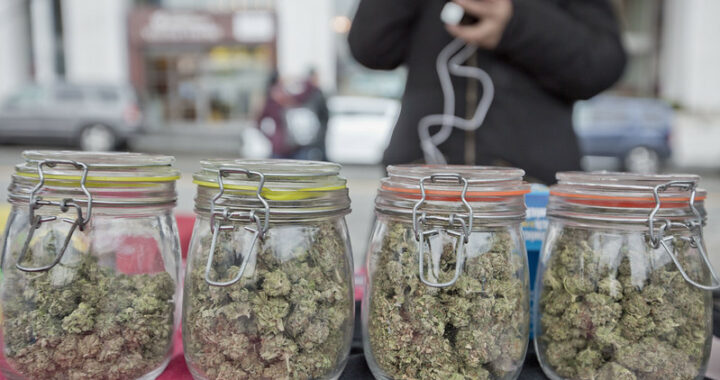Massachusetts Cannabis Control Commission approves draft regulations to increase diversity, oversight and social consumption
By Patrick Wilson
The Cannabis Control Commission (CCC) has approved draft regulations that would make it easier for people with criminal records to work in the cannabis industry, increase oversight of host community agreements (HCAs) and move closer to authorizing social consumption sites.
The regulations, which are subject to public comment until September 8, would eliminate previously existing disqualifiers that prevented people with certain criminal charges on their records from being hired into the industry. Marijuana establishments would still be able to consider criminal offenses that involve the distribution of a controlled substance to a minor, including cannabis, or if they are hiring someone applying to work in a lab.
The change is intended to help move people who are selling pot illegally into the legal market and to deter criminal behavior. It would also give employers access to talent that brings new ideas and expertise from the legacy market.
The rewritten regulations also give the CCC new authority to examine and approve HCAs, which marijuana businesses are required to enter into with the cities and towns where they do business. Under the new rules, HCAs will only be permitted for the first eight years a marijuana company is in business and community impact fees will not be allowed to surpass 3 percent of an establishment’s gross sales.
The commission would also have the authority to issue sanctions against a host community that is noncompliant with the requirements of their agreement, hold off on considering new license applications from that community or publish a list of municipalities that are out of compliance.
The commission also sought to target equity in their rewrite, and would require host communities to donate, at minimum, 3 percent of each community impact fee it receives to the Cannabis Social Equity Trust Fund. The fund was created in last year’s cannabis industry reform law, and is intended to make grants and loans available to prospective marijuana entrepreneurs with a focus on supporting people of color and other populations disproportionately harmed by the War on Drugs.
Finally, the commission is seeking to move closer to authorizing social consumption sites, such as cannabis cafes. Commissioners eliminated a previously existing pilot program which would have initially limited social consumption sites to no more than 12 municipalities — thereby allowing any city or town to opt-in to hosting one of these establishments once the licenses become available.
The commission is expected to vote on final regulations concerning HCAs, municipal equity and the suitability hiring policies on September 8. Last year’s law requires that these regulations be distributed by the Secretary of State by Nov. 9.
The commission is also working to finalize regulations for social consumption sites, but a timeline for when these businesses will be able to legally operate has not yet been announced.
** This piece was created with the help of ai.
